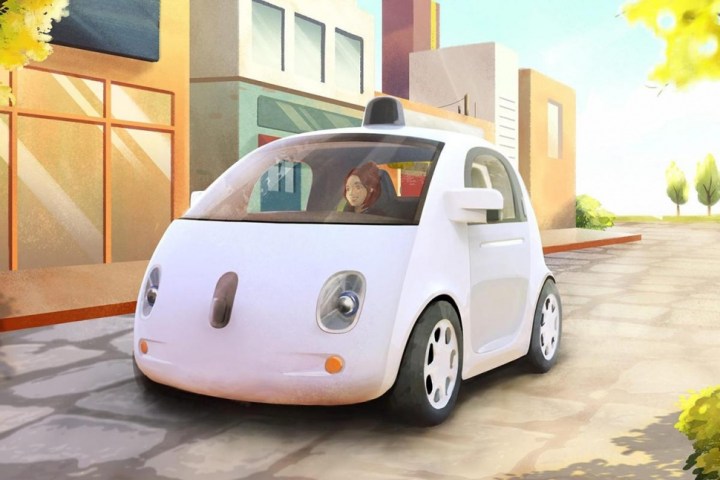
According to the FCC documents, it would look as though Google is investigating Hevo Power and Momentum Dynamics, both wireless charging companies that use plates embedded in roads and driveways to send power to the receivers found in the underbellies of cars. In principle, it’s the same concept employed in wireless phone charging systems — just a lot bigger.
If successful, this wireless charging technology could obviously have enormous implications on the transportation industry. Indeed, such innovation could allow for cars to be constantly charging no matter where they are, all but eliminating the need not only for fossil fuels, but plugs, cable cords, and the like as well.
Having this wireless charging system could really up the ante on the already ambitious autonomous car program, one that Google says may soon become integral to the lives of people around the country. Back in December, Chris Urmson wrote in a Medium post, “We’ve heard countless stories from people who need a fully self-driving car today. We’ve heard from people with health conditions ranging from vision problems to multiple sclerosis to autism to epilepsy who are frustrated with their dependence on others for even simple errands.”
Google is by no means the only company looking into the possibility of wirelessly charging cars. As the Christian Science Monitor points out, Stanford University, bus manufacturers in South Korea, and Highways England have all looked into the practice with wireless charging embedded in roads themselves. And in South Korea, this technology is already in use in the city Gumi.
So look forward to the future, friends. Where every aspect of driving is easier than you could’ve ever imagined possible.
Editors' Recommendations
- Google is bringing Chrome browser to cars, even more EV features to Maps
- Why your EV’s voltage matters, and what it means for your car’s charging speed
- Dubai Police to deploy driverless patrol cars with AI smarts
- Google’s new Bard AI may be powerful enough to make ChatGPT worry — and it’s already here
- Mercedes EV charging hubs are coming to North America by the end of the decade

